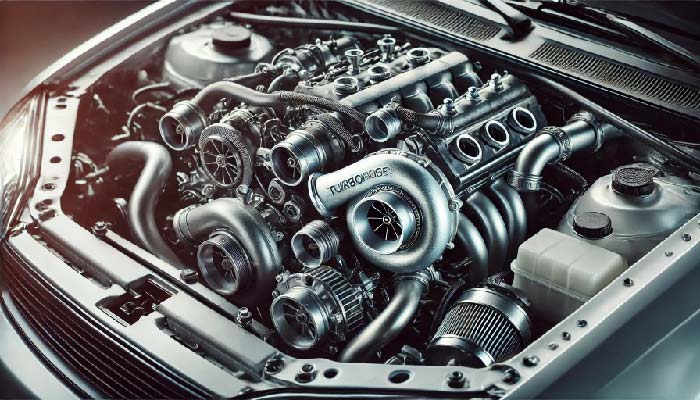
When it comes to enhancing your car’s performance, upgrading the engine boost is a common yet complex task. Whether you are looking for improved speed, power, or efficiency, an engine boost can deliver these benefits when done properly. However, boosting an engine without considering safety measures can lead to significant risks, including damage to your vehicle or even accidents. This article will walk you through how to safely upgrade your car’s engine boost while maintaining its longevity and performance.
1. Understanding Engine Boost
Before upgrading your car’s engine boost, it’s essential to understand what “boost” refers to. The term commonly refers to increasing the intake of air into the engine, which in turn allows more fuel to be burnt and generates more power. Most modern cars achieve this through turbochargers or superchargers. These devices compress the air entering the engine, giving it a ‘boost.’
2. Choose the Right Turbo or Supercharger
One of the safest ways to upgrade your car’s boost is by selecting the right turbocharger or supercharger for your engine. It’s important to ensure that the size of the turbocharger matches your engine’s capabilities. A larger turbo may offer more power, but it could lead to turbo lag, while a smaller one will deliver smoother acceleration but less power overall. Consulting an expert mechanic or tuner can help you find the right balance.
3. Upgrade Fuel Systems and Airflow
Boosting your car’s engine means it will need more fuel and air. Ensuring that your fuel delivery system can cope with the added pressure is essential. You may need to upgrade your fuel injectors, fuel pump, and even your fuel lines to provide the engine with the required amount of fuel safely. Likewise, upgrading your air intake and using a high-flow air filter can significantly improve airflow to support the increased boost.
4. Install an Intercooler
An intercooler is vital when upgrading engine boost, as it cools the compressed air before it enters the engine. Hotter air can reduce the efficiency and power output of the engine, and in some cases, cause engine knocking. A good-quality intercooler will ensure that the boosted air is at a safer temperature for combustion.
5. Tuning Your Engine
Tuning your car’s engine after boosting it is critical to ensuring that it performs optimally and safely. This involves adjusting the engine control unit (ECU) to optimize the air-fuel ratio, ignition timing, and other key engine parameters. Professional tuning not only maximizes performance but also ensures that your engine runs within safe limits to avoid damage.
6. Install a Boost Controller
To maintain control over how much boost your engine receives, you can install a boost controller. This device allows you to adjust the pressure levels of the turbocharger or supercharger, ensuring that the boost doesn’t exceed the engine’s safe limits. This can be especially useful in daily driving, where full boost isn’t necessary.
7. Regular Maintenance and Monitoring
Upgrading your engine’s boost increases stress on various components, so regular maintenance becomes even more important. Keep an eye on critical metrics such as boost pressure, engine temperature, and oil levels. Installing gauges for these parameters can help you monitor your engine’s health and spot issues before they lead to damage.
FAQs
1. What are the risks of upgrading engine boost without proper tuning? Upgrading your engine boost without proper tuning can result in an air-fuel imbalance, leading to engine knocking, overheating, and even complete engine failure.
2. Do I need to upgrade my fuel system when boosting my engine? Yes, upgrading the fuel system is necessary when boosting your engine to ensure that your car gets enough fuel to match the increased air intake, preventing lean fuel conditions.
3. Can I install a turbocharger or supercharger on any car? Most cars can accommodate a turbocharger or supercharger, but it depends on your vehicle’s engine capacity and design. It’s important to consult with a professional mechanic to see if your car is suitable for such modifications.
4. How much does it cost to upgrade an engine boost safely? The cost varies depending on the type of upgrade. A basic turbocharger installation can range from $1,500 to $5,000, while additional parts like fuel system upgrades and intercoolers can add to the total cost.
5. Can engine boosting affect fuel efficiency? Yes, engine boosting can decrease fuel efficiency because more air and fuel are needed to generate higher power levels. However, with proper tuning and moderation, the effect can be minimized.
If Like This Article Visit Our Website. Collect From Wekiapedia